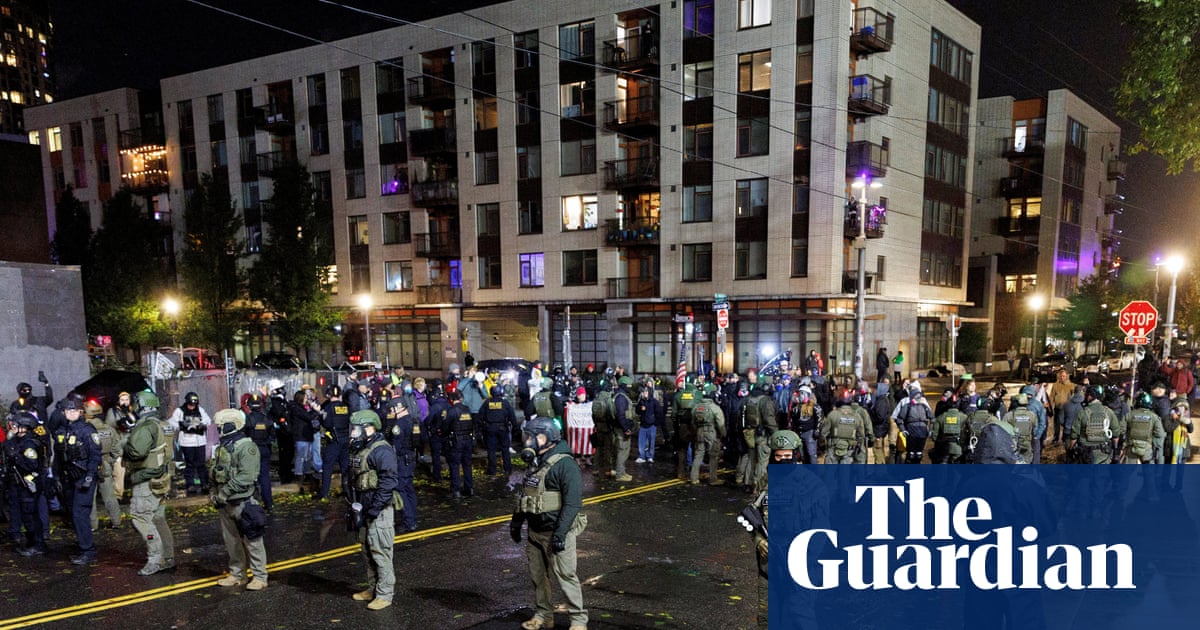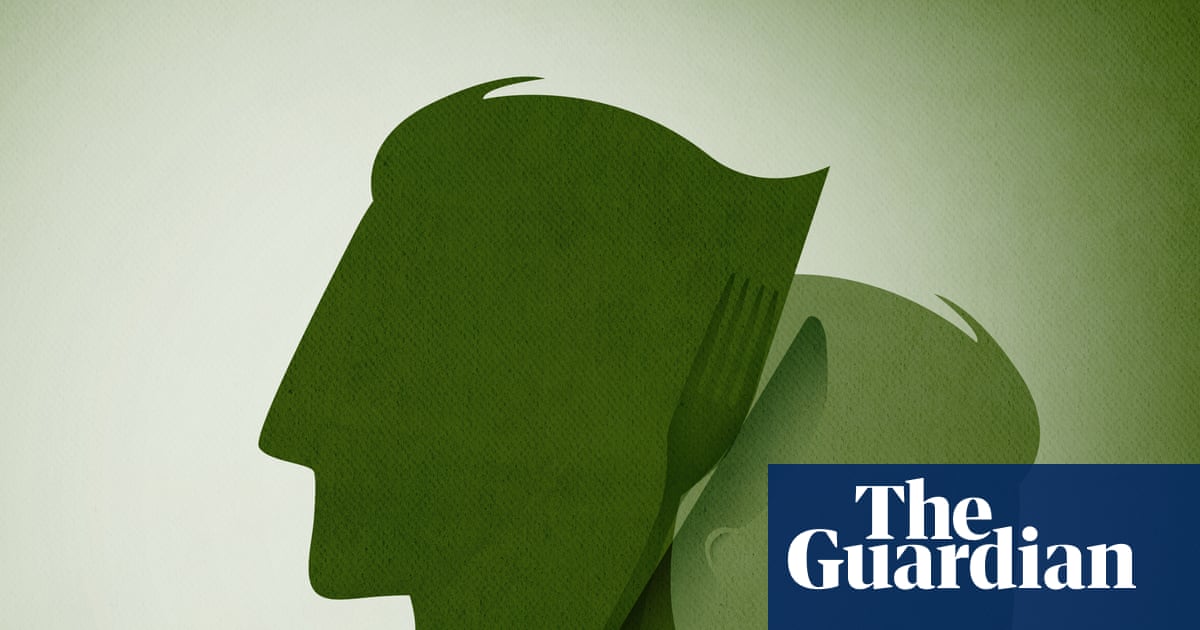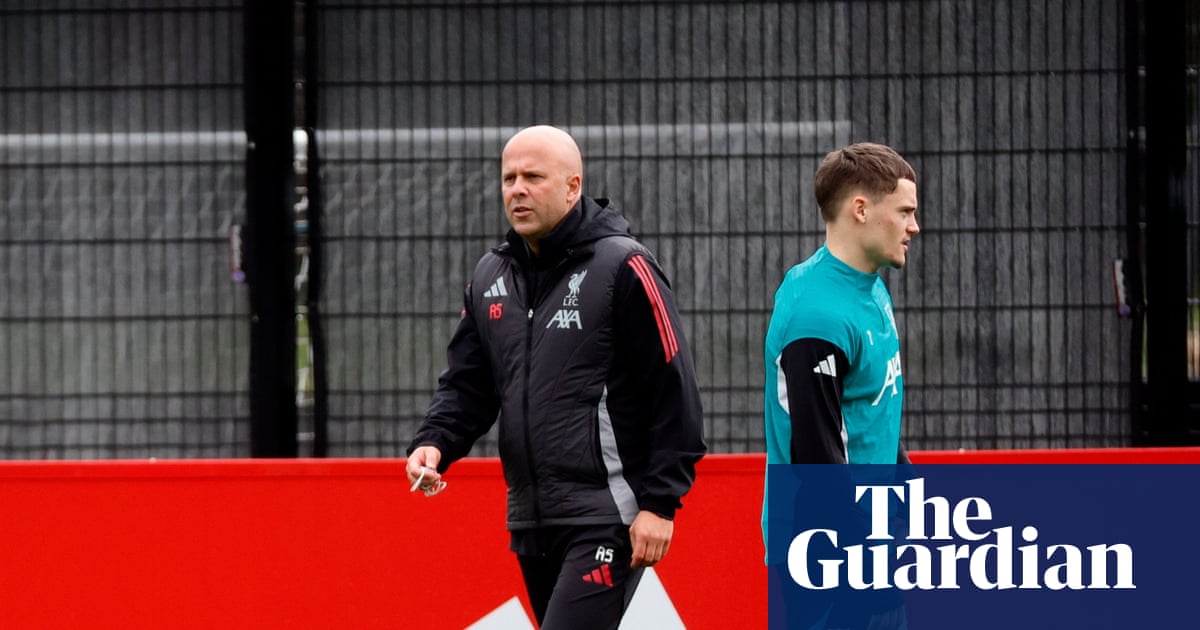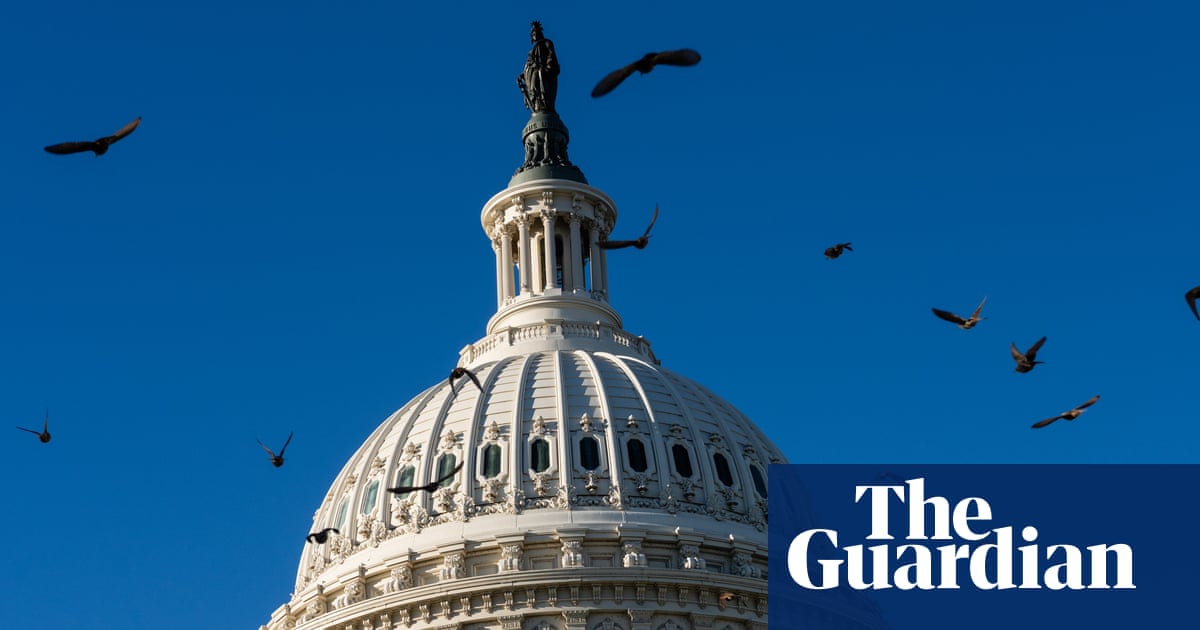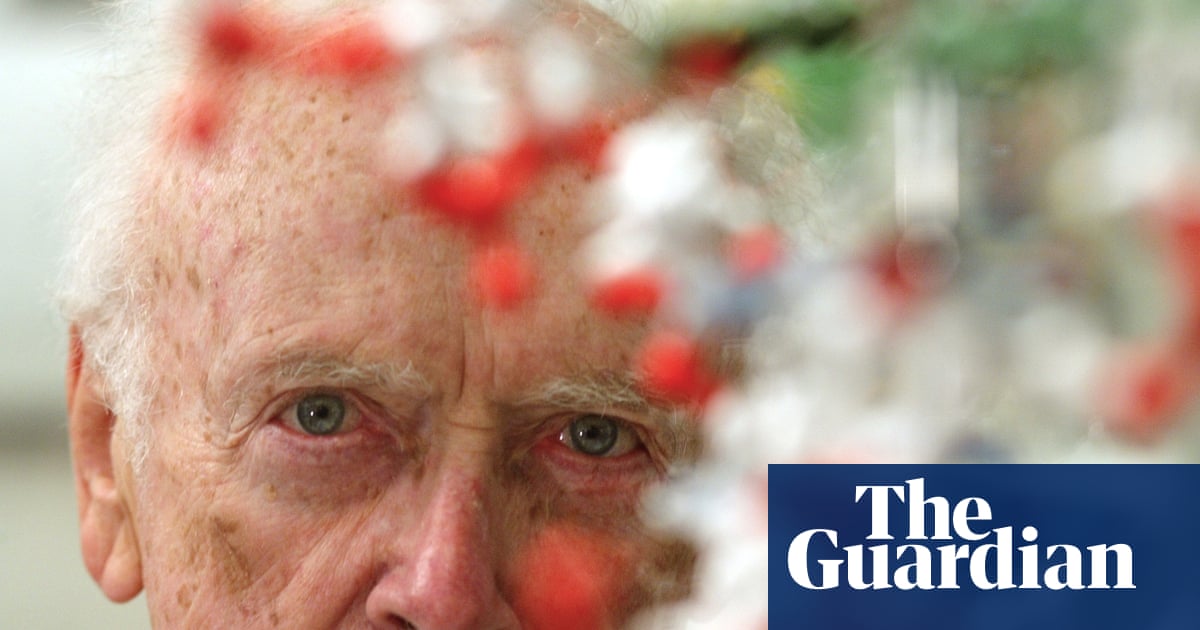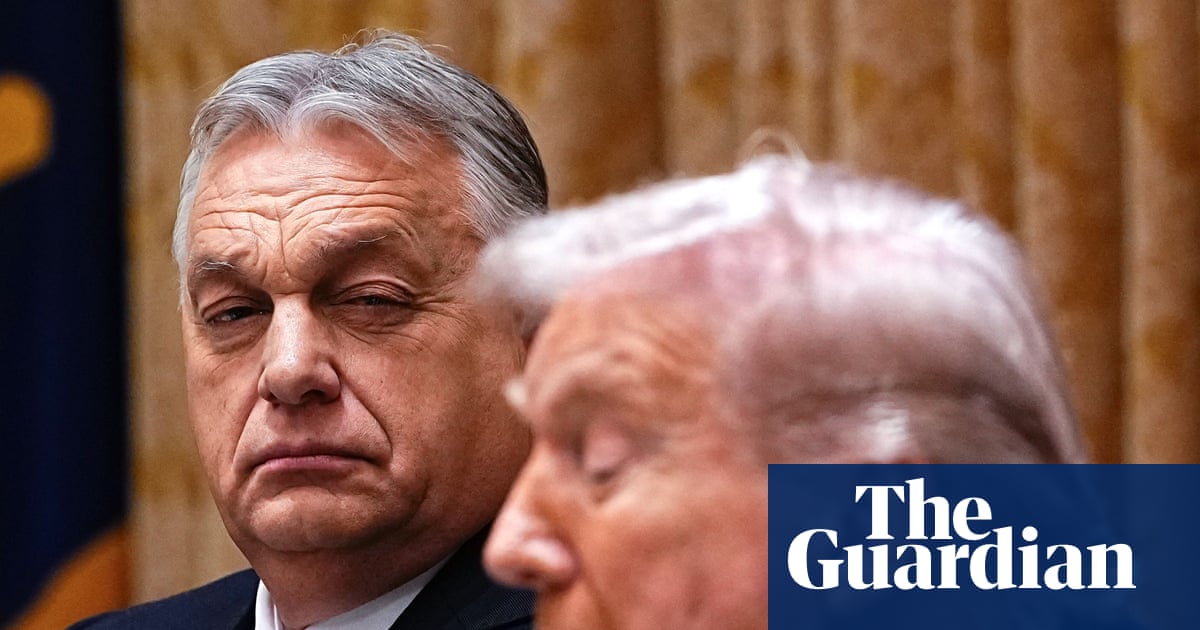An artist who first accused Jeffrey Epstein and Ghislaine Maxwell of sexual assault almost three decades ago has told the New York Times that she had urged law enforcement officials back then to investigate powerful people in their orbit – including Donald Trump.
The artist, Maria Farmer, was among the first women to report Epstein and his partner Maxwell of sexual crimes back in 1996 when, according to a new interview with the Times, she also identified Trump among others close to Epstein as worthy of attention.
Farmer repeated that message, she told the Times, when she was re-interviewed by the FBI about Epstein in 2006. She raised Trump’s name specifically because of an unsettling encounter with him late one night in 1995 in Epstein’s offices – which she said she told law enforcement agents at the time and has since recounted publicly.
Farmer told the Times that she has “long wondered” how law enforcement agencies handled her complaints in 1996 and 2006.
In 2008, Epstein struck a deal with federal prosecutors in south Florida that allowed him to escape more severe federal charges while pleading guilty to state offenses of procuring a person under 18 for prostitution and solicitation of prostitution. Investigators say he died by suicide in 2019 in a prison cell while awaiting trial for child sex-trafficking.
Maxwell in 2022 was sentenced to 20 years in prison for sex-trafficking.
Farmer’s account could indicate in what context Trump’s name may appear in unreleased Epstein-related files, a matter which has generated unprecedented fury and division among the president’s usually loyal supporters.
Any documentary evidence of Farmer’s efforts to draw the FBI’s attention to Epstein’s associates could prove politically thorny for Trump, who has tried – but failed – to divert attention from his ties to the convicted sex offender. Farmer’s account could also fuel further mistrust in the official version of events, including findings that Epstein died by suicide.
The hefty Epstein files almost certainly contain many records that have not been made public, and probably include names and details of tips, evidence, testimonies and relationships that were gathered during the investigation – but may have not been corroborated or relied upon in the prosecutions of him and Maxwell.
Law enforcement agencies have not accused Trump of any wrongdoing related to Epstein, and he has never been named as a target of any investigation.
The White House contested Farmer’s account and told the Times that Trump ended his friendship with Epstein many years ago.
Trump’s relationship with Epstein has come under intense renewed scrutiny since his attorney general, Pam Bondi, and FBI director, Kash Patel, backtracked on earlier pledges to release Epstein investigative files.
Trump has responded to the backlash from his supporters – and Democrats – at the U-turn with mounting fury. But that has not defused the backlash, and Trump then called for relevant grand jury testimony in the prosecution of Epstein to be publicly released, insisting that he had nothing to hide.
Farmer was in her mid-20s when she worked for Epstein in 1995 and 1996, initially acquiring art on his behalf but then later manned the front desk of his Upper East Side townhouse and would oversee the comings and goings of girls, young women and celebrities.
One night in 1995, Farmer said she was summoned to Epstein’s offices in a luxury building in Manhattan. She arrived in running shorts. Trump then turned up wearing a suit, according to Farmer.
Farmer said she felt scared as Trump was hovering over her, staring at her bare legs. Epstein entered the room, and she recalled him saying to Trump: “No, no. She’s not here for you.”
The two men left the room, and Farmer said she overheard Trump commenting that he thought she was 16 years old. Farmer told the Times that she had no further alarming interactions with him and never saw him engage in inappropriate conduct with other girls or women.
The White House communications director, Steven Cheung, told the Times, “The president was never in his office,” referring to Epstein. “The fact is that the president kicked him out of his club for being a creep.”
The White House press secretary, Karoline Leavitt, said: “Dumb NYTimes reporters are desperately recycling news stories to try to link President Trump to Jeffrey Epstein. It’s not news that Epstein was a member of the Mar-a-Lago club, because it’s the same club Donald Trump kicked Epstein out of for being a creep. These stories are tired and pathetic attempts to distract from all the success of President Trump’s administration.”
The president’s position on Epstein has evolved.
Trump was quoted in 2002 as calling Epstein a “terrific guy” – and there are videos of the pair partying together in New York, years before he entered politics.
In 2019, Trump repeatedly told journalists that he was “not a fan” of Epstein and had broken ties with him two decades previously. In August of that year, after Epstein’s death, Trump retweeted a post that alleged former US president Bill Clinton was connected to Epstein’s death. (Clinton has denied any knowledge of Epstein’s crimes and has denied ever visiting Epstein’s private island.)
On the 2024 campaign trail, Trump strongly suggested that he was inclined to release the federal files on Epstein amid growing pressure from his base and high-profile supporters who have long suspected foul play by authorities, in part to cover up a much bigger criminal scandal involving rich and powerful Democrats.
The Times story, published on Sunday, came just days after the Wall Street Journal reported that Trump in 2003 sent Epstein a sexually suggestive birthday greeting. Trump called the report a hoax and filed lawsuits against the news organization and its owners, including Rupert Murdoch, for at least $10bn for defamation.

 3 months ago
100
3 months ago
100

